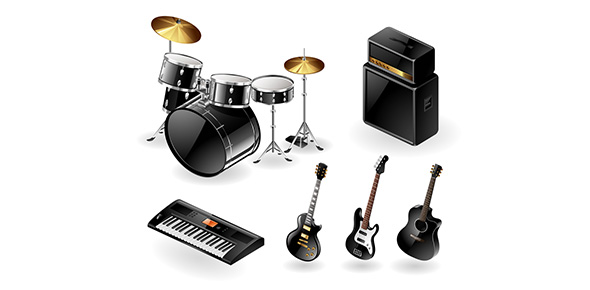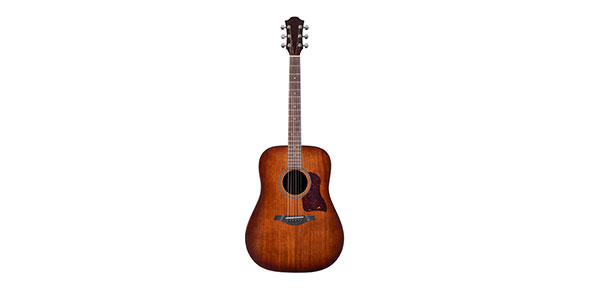Related Flashcards
Related Topics
Cards In This Set
| Front | Back |
|
DESPREZ
|
Josquin, the most famous composer of the mid-Renaissance, established a
new, beautifully-expressive sound based on constantly-changing textures in his Masses, motets and songs. RENAISSANCE |
|
WEELKES
|
One of several important composers at the court of Queen Elizabeth I. He is
noted for his secular madrigals and Anglican church music. RANAISSANCE |
|
HANDEL
|
This cosmopolitan composer was born in Germany, but spent most of his
career working in Italy and England. His powerful operas and oratorios are landmarks of the majestic late-Baroque style. BAROQUE |
|
VIVALDI
|
This Catholic priest was the greatest Baroque violinist. He wrote over 500
concertos and over 50 operas. BAROQUE |
|
JS BACH
|
This Lutheran organist and choir director was the greatest master of
Baroque counterpoint, and one of the most important composers in music history. He is known for a wide variety of instrumental and vocal works, especially his cantatas, concertos, and keyboard music. BAROQUE |
|
HAYDN
|
The most influential innovator of the early Classic style; known primarily for his
symphonies, string quartets and piano sonatas. CLASSICAL |
|
MOZART
|
Arguably the greatest musician in the Western history. This common-born child
prodigy began composing at the age of four; by age seven, he had amazed every major Head-of-State in Europe with his miraculous abilities as a pianist, violinist and singer. His undeniable God-given talent directly challenged the supposed superiority of the upper classes. By the time he died at age 35, Mozart had written nearly 700 works, mastering every genre known to him, and bringing art music to a new height of personal expression. His operas, concertos, symphonies, sonatas and choral music are still widely performed around the world. CLASSICAL |
|
BEETHOVEN
|
In the mid-1790s, while still in his 20s, Beethoven was recognized as the greatest
pianist in the Empire; however, at the height of his performing career—at age 32—he went deaf! Despite this tremendous obstacle, through raw determination—he became the most revolutionary musician of the age, especially via his intense expansion of personal/ political expression through orchestral, chamber and keyboard music. CLASSICAL |
|
SCHUBERT
|
Known for his harmonic innovations as well as his songs, chamber music, symphonies,
sonatas and sacred works. He wrote nearly 700 songs during his brief 18-year career. ROMANTIC |
|
CHOPIN
|
The leading Polish composer of the early Romantic period and one of the greatest pianists
of all time. He is especially noted for his piano character pieces and concertos. ROMANTIC |
|
DVORAK
|
The leading Czech composer of the late Romantic period. He wrote many famous
symphonies, operas, songs, and chamber works, and is best-known for his "New World" Symphony (written during a stay in the United States). ROMANTIC |
|
SMETANA
|
The first important Czech composer; known for his operas and symphonic works.
ROMANTIC |
|
BIZET
|
The most renowned composer of French grand opera in the mid/late-Romantic era.
ROMANTIC |
|
WAGNER
|
The most influential figure in the Romantic movement; he revolutionized harmony,
orchestration, tone color, structure, and expression in his Musikdramas. ROMANTIC |
|
BARLIOZ
|
This early-Romantic composer was one of the most innovative orchestrators of all time. He
is noted for his programmatic symphonies, operas and songs. ROMANTIC |





